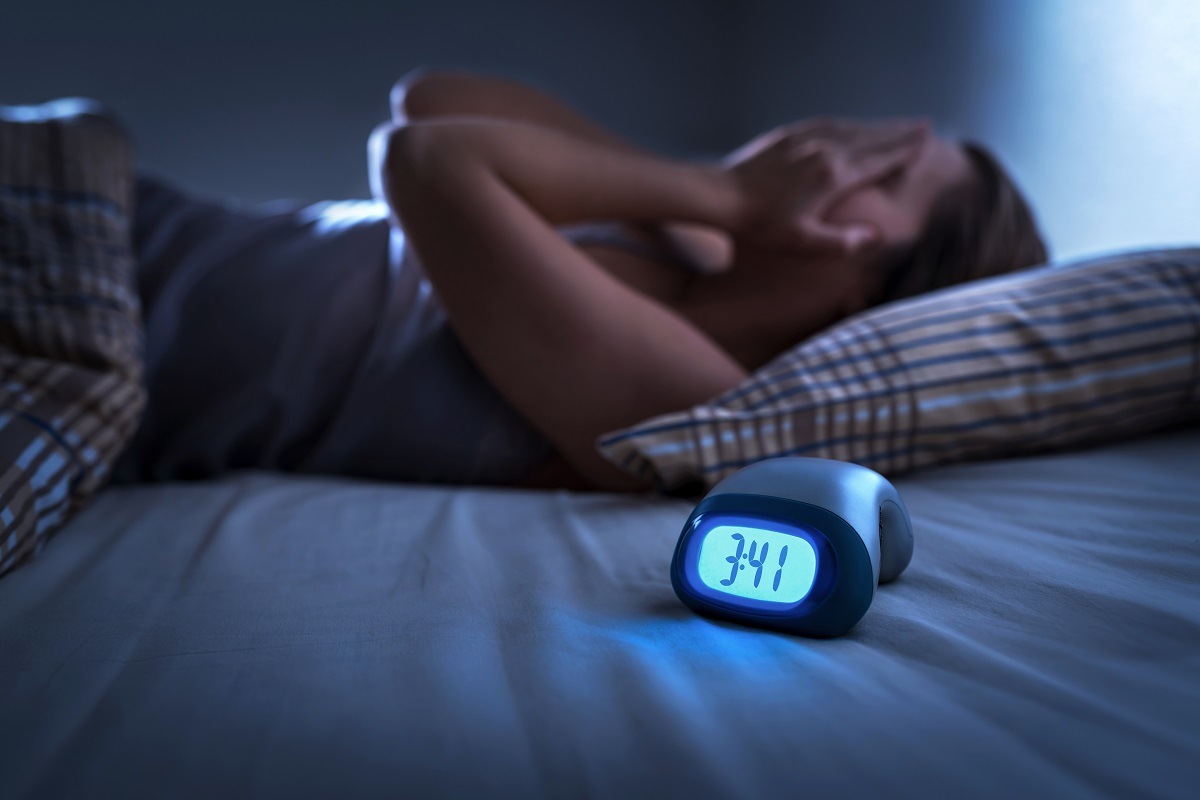Do you find yourself feeling groggy in the mornings even after getting a good night’s rest? Does your partner complain about your loud snoring? If that’s the case, sleep apnea could be the problem you’re suffering from.
Dental sleep medicine specialists warn that this is a life-threatening disorder. Keep reading to find out about further signs to keep an eye out for and effective treatments for this issue, along with its symptoms and risks.
Types of Sleep Apnea
The prevalent sleep disorder, sleep apnea and snoring near you, involves repeated breathing cessations. Obstructive sleep apnea (OSA) is more frequent than central sleep apnea (CSA).
During sleep, throat muscles relax too much and restrict the airway, causing obstructive sleep apnea (OSA), the most frequent type. Snoring, choking, and frequent waking to breathe are outcomes. OSA is often connected to obesity, smoking, and other airway blockages.
Central sleep apnea (CSA), caused by brain respiratory control centre dysfunction, is less common than OSA. Instead of an airway obstruction, the brain fails to activate breathing muscles. Drugs and heart problems are common causes of CSA.
Symptoms and Diagnosis
In addition to snoring and daytime fatigue, here are some additional warning signs that may indicate sleep apnea:
- Inflammation
- Sleeplessness
- Loss of memory
- Migraine in the morning
- Concentration issues
- A decrease in libido
- Long pauses between breaths
- Gasping or choking noises
- Drowsiness or exhaustion during the day
- Nighttime toilet breaks (nocturia)
If you or your partner have noticed any of these symptoms, it’s time to see a dentist in Davie about sleep apnea therapy to get it diagnosed accurately.
Health Risks and Consequences
Sleep apnea poses substantial physical and emotional health risks. Sleep interruptions induced by respiratory issues can have many detrimental effects including:
- Sleep apnea increases the risk of heart disease, stroke, and high blood pressure. Low blood oxygen and disrupted sleep impair the cardiovascular system over time.
- Sleep apnea causes daily weariness, which increases the risk of workplace or car accidents.
- Its disturbance of glucose metabolism and promotion of abdominal weight gain can lead to insulin resistance and type 2 diabetes.
- Sleep apnea increases the likelihood of mood disorders, depression, and anxiety due to neurotransmitter and brain function issues.
- Chronic fatigue and cognitive impairment can lower quality of life by making daily tasks and relationships harder.
- Sleep apnea patients are more likely to have accidents, especially car accidents, due to impaired awareness and daytime tiredness.
- Sleep apnea increases the risk of arrhythmias, heart failure exacerbations, and surgery.
Treatment Options
Sleep apnea treatments reduce symptoms, improve sleep quality, and lower health risks. The treatment for sleep apnea and snoring in Davie depends on the severity, kind (obstructive vs. central), and other symptoms. Standard care methods include:
Mild obstructive sleep apnea can be treated by decreasing weight, exercising more, cutting back on caffeine and alcohol, and sleeping on your side. CPAP is used to treat moderate to severe OSA. Sleeping patients wear masks that supply compressed air to keep their airways open.
For OSA patients who cannot tolerate CPAP, oral appliances can realign the jaw and tongue to prevent airway blockage. When non-surgical techniques fail, surgery may be considered. Uvulopalatopharyngoplasty (UPPP), genioglossus advancement (GA), and maxillomandibular advancement (MMA) are surgeries that treat the anatomical causes of OSA.
Innovative Inspire Treatment implants a device to stimulate the hypoglossal nerve and expand the airway while the patient sleeps. Medication may treat central sleep apnea or related conditions, although it is rarely the first line of treatment.
Tips for a Better Sleep
Sleeping better is vital to health, and so, here are a few ways to help you get the rest you need:
1. Even on weekends, maintain a sleep-wake regimen to regulate your internal clock.
2. Start your nighttime ritual with reading or mild stretching to relax your body.
3. A comfortable mattress and temperature control create a relaxing sleep place.
4. Limit your phone, computer, and TV use in the hour before bed to reduce blue light exposure.
5. Avoid caffeine, heavy meals, and alcohol before bed.
6. Relaxation practices, including deep breathing, meditation, and yoga, reduce tension and anxiety.
7. Exercise regularly, but avoid strenuous activities before bed.
8. Naps should be brief (20–30 minutes) and not close to bedtime.
9. If your sleep problems persist further, consult a dentist near you or sleep specialist to diagnose and treat them.
Get the Support and Resources You Need at Regency Square Dental
Prompt diagnosis and treatment are essential to reduce the severity of sleep apnea’s adverse effects and boost health. Changes in lifestyle, continuous positive airway pressure (CPAP) therapy, dental appliances, and, in extreme circumstances, surgical interventions can all be effective treatments at times.
Only a professional can help you with all these. Correct diagnosis and tailoring of treatment are essential for success. It is necessary to speak with a sleep specialist in order to determine the best course of treatment.
Call us today.



